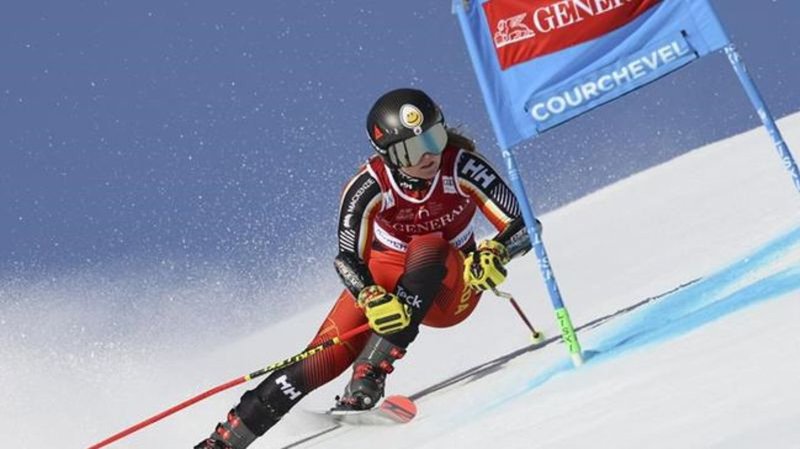
Women’s World Cup ski races conditionally approved for Mont-Tremblant
Women’s World Cup ski racing is coming to Mont-Tremblant, Que.
Alpine Canada and the ski resort northwest of Montreal have conditional approval from skiing’s world governing body for annual women’s giant slalom races from 2023 to 2025, Alpine Canada said Tuesday in a statement.
Course improvements are underway and test races are scheduled for February and March.
The first double giant slalom races at Mont-Tremblant’s World Cup are planned for Dec. 2-3, 2023.
